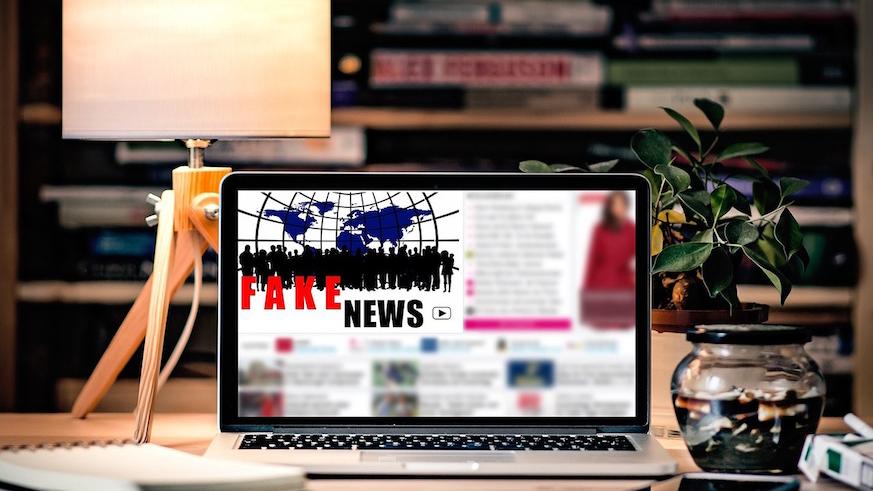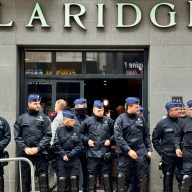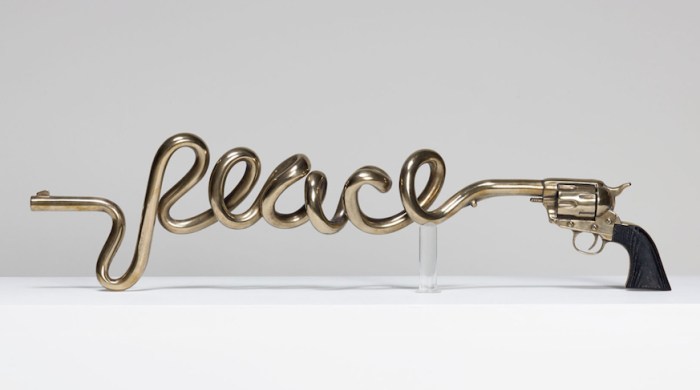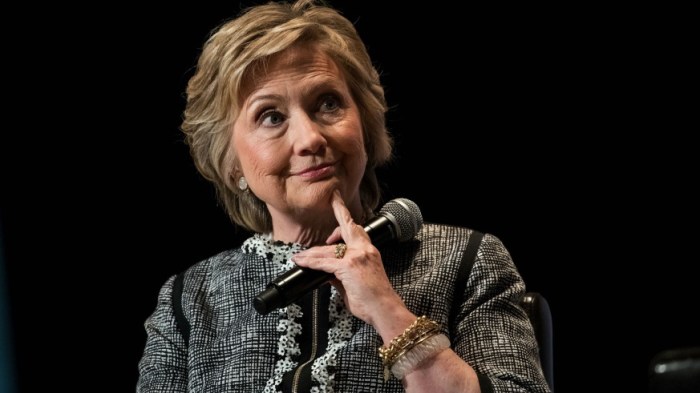You don’t need numbers to tell you there’s a lot of faulty news out there — and with all the false information and fake photos on your feed, how can you truly know who or what to trust?
In a Statista survey conducted last year, 27 percent of respondents said they were very confident in being able to spot fake news. But, depending on who you ask, fake news can be defined differently. In simple terms, it’s fabricated content claiming to be true.
The way fake news has been used in political discourse, plus the addition of social media bots and scary concepts like deepfakes, has created an even greater (potentially threatening) skepticism towards mainstream media.
Trump, who drops the term left and right, had his Fake News awards this year. And, he even (conveniently) tweeted about the media today:
….results on “Trump News” are from National Left-Wing Media, very dangerous. Google & others are suppressing voices of Conservatives and hiding information and news that is good. They are controlling what we can & cannot see. This is a very serious situation-will be addressed!
— Donald J. Trump (@realDonaldTrump) August 28, 2018
Fake photos specifically are difficult to verify. A free browser extension called “SurfSafe” — for Chrome, Firefox and Opera, so far — is now working to identify these fake photos, and subsequently flag fake news reports. The Photoshop detector, if you will, was developed by UC Berkeley undergrads Ash Bhat and Rohan Phadte and reportedly launched on August 20.
“We want to scan your news feed for fake news as you browse,” Bhat tells Wired.
Detecting fake photos: How this plug-in works
When you hover over an image on your browser, SurfSafe instantly uses digital fingerprints for photos on over 100 trusted news outlets and fact-checking sites (which you can change at any time) to see whether that photo has been used before.
Then, on the right side of your screen, you’ll see every instance where SurfSafe finds this photo. Results will show up for the image’s “raw” or doctored forms, and SurfSafe will flag the image you’re searching if it’s been marked as fake.
Furthermore, SurfSafe will classify the image as “safe,” “warning” or “unsafe”. You’ll also be able to report fake photos as Photoshopped, propaganda or misleading.
“SurfSafe uses the news sites you trust, along with fact checking pages and user reports as benchmarks for what images are considered ‘safe,'” explains the download landing page. It’s important to note that, once you download SurfSafe, you’re prompted with a list of news sites of your choosing to use as this benchmark.
We gave the plug-in a try, and this is what came up for the September 2017 Photoshopped image of former Seattle Seahawks star Michael Bennett burning the American flag:
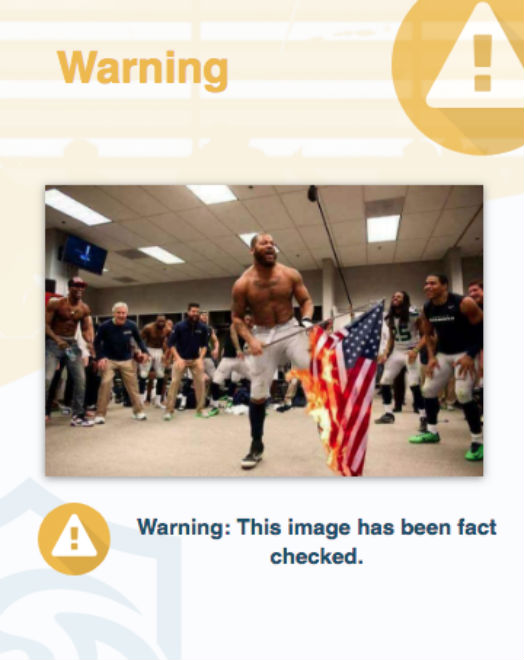
SurfSafe correctly identified it as doctored, but there are notable limitations.
When we used the extension on an image depicting Emma Gonzalez ripping up the Constitution — one of the most well-known fake photos of this year — SurfSafe brought us to the Snopes article that declared the image faulty.
However, as The Verge pointed out, screenshots on Snopes taken from the original video failed to garner results from the extension.
Bhat tells The Verge that SurfSafe can only verify pictures that have been seen by a user at least once. Therefore, if SurfSafe has never encountered an image before, you won’t see any matches — even if it is a fake photo.
The plug-in also cannot flag fake photos inside Facebook or other apps.
Bhat, though, tells Wired, “The fake news we care about is the fake news that’s spreading virally. If a piece of fake news is spreading, we’ll have seen it.”

